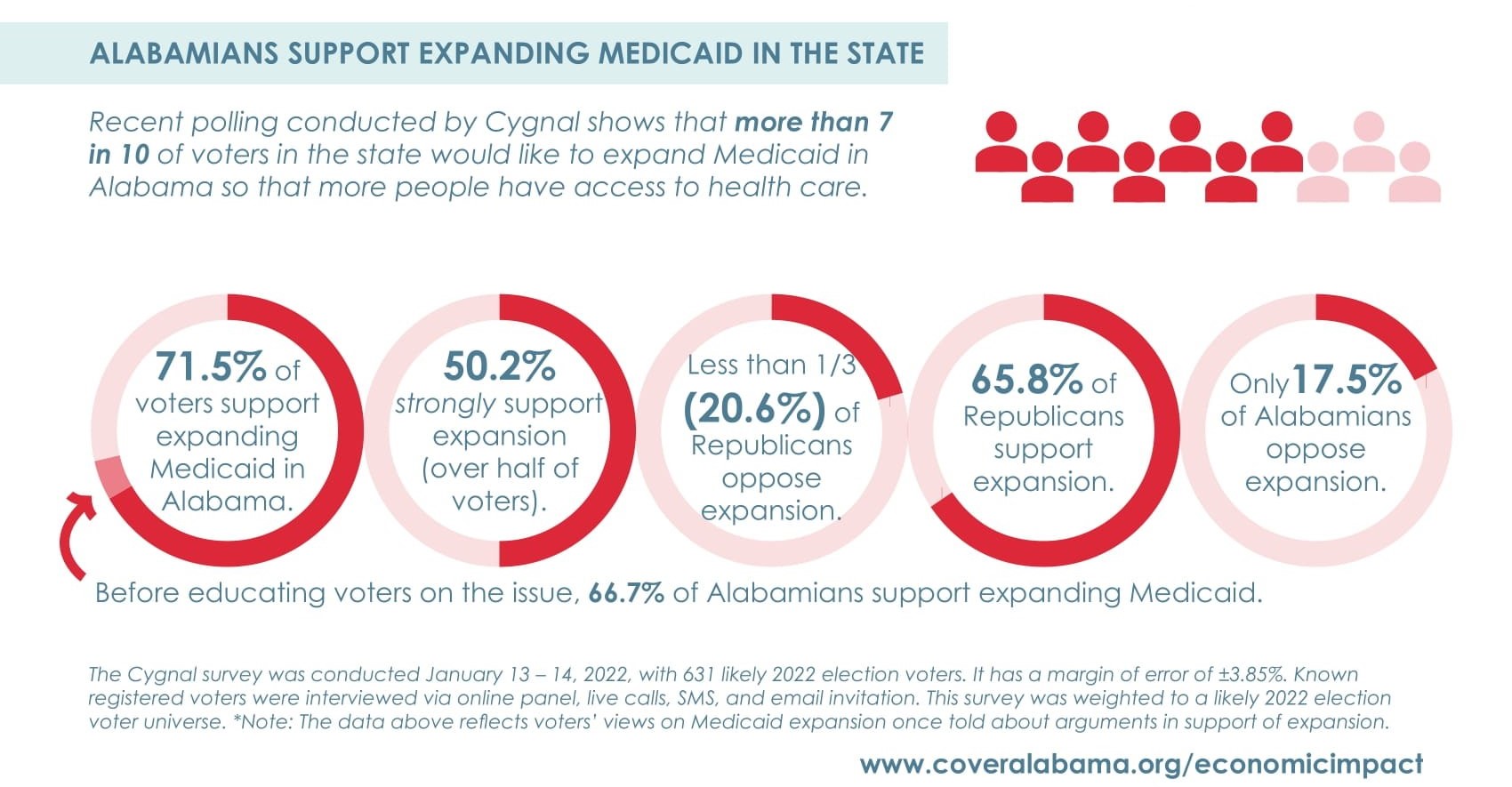Benefits of Medicaid Expansion
Medicaid expansion has emerged as a crucial policy initiative aimed at improving access to healthcare for low-income individuals and families. In this comprehensive article, we will delve into the myriad benefits associated with Medicaid expansion and highlight its positive impact on individuals, communities, and the healthcare system as a whole.
Enhanced Access to Healthcare
One of the most significant advantages of Medicaid expansion is the expanded access to healthcare services it provides. By extending eligibility criteria, more individuals can now qualify for Medicaid coverage, ensuring that they have access to essential medical services. This expansion has proved particularly beneficial for low-income adults who previously fell into the coverage gap, unable to afford private insurance but not eligible for Medicaid under previous guidelines.
With Medicaid expansion, these individuals gain access to preventive care, screenings, vaccinations, and regular check-ups, leading to early detection and treatment of health conditions. This proactive approach not only improves individual health outcomes but also reduces the burden on emergency rooms and hospitals, resulting in cost savings for the healthcare system.
Improved Financial Security
Medicaid expansion plays a crucial role in improving the financial security of individuals and families. By providing affordable or even free healthcare coverage, Medicaid expansion helps alleviate the financial strain associated with medical expenses. This, in turn, frees up resources that can be directed towards other essential needs, such as housing, education, and food.
Furthermore, Medicaid expansion safeguards individuals from the risk of catastrophic medical expenses that can lead to bankruptcy or severe financial hardship. With access to comprehensive healthcare coverage, individuals can seek timely medical attention without fearing the exorbitant costs often associated with healthcare services.
Positive Health Outcomes
The benefits of Medicaid expansion extend beyond improved access to healthcare and financial security. Numerous studies have demonstrated the positive impact of Medicaid expansion on health outcomes. Individuals with Medicaid coverage are more likely to receive preventive care, manage chronic conditions effectively, and access necessary medications.
By addressing healthcare needs promptly, Medicaid expansion contributes to better overall health, reduced hospitalizations, and improved management of chronic diseases. This, in turn, leads to enhanced productivity, improved quality of life, and increased life expectancy for individuals who would otherwise face barriers to healthcare access.
Economic Stimulus
Medicaid expansion also serves as an economic stimulus, benefiting states and local economies. By expanding Medicaid, states can draw down significant federal funding, which not only supports the healthcare sector but also creates jobs and stimulates economic growth.
Studies have shown that Medicaid expansion leads to increased employment in the healthcare industry, as well as related sectors such as transportation and retail. The infusion of federal funds into the state’s economy helps generate economic activity, boost tax revenues, and reduce the burden on state budgets.
Health Equity and Disparities Reduction
Medicaid expansion plays a crucial role in advancing health equity and reducing disparities among underserved populations. By expanding coverage to low-income individuals, including racial and ethnic minorities, Medicaid expansion helps address longstanding healthcare disparities.
Access to affordable healthcare through Medicaid expansion ensures that vulnerable populations receive the necessary care and treatments, reducing the disproportionate burden of disease and poor health outcomes experienced by marginalized communities.

Medicaid expansion brings a multitude of benefits to individuals, communities, and the healthcare system as a whole. By improving access to healthcare, enhancing financial security, improving health outcomes, stimulating the economy, and advancing health equity, Medicaid expansion proves to be a vital policy initiative.
As more states consider expanding their Medicaid programs, it is crucial to recognize and advocate for the numerous advantages that come with Medicaid expansion. By prioritizing the health and well-being of all individuals, we can build a stronger and more equitable healthcare system for the future.
Frequently Asked Questions about the Benefits of Medicaid Expansion
1. What is Medicaid expansion?
Medicaid expansion refers to the provision of Medicaid coverage to a larger population, usually including low-income adults who were previously ineligible.
2. How does Medicaid expansion benefit individuals?
Medicaid expansion helps individuals gain access to affordable healthcare coverage, including preventive services, doctor visits, hospital stays, prescription medications, and mental health services.
3. Does Medicaid expansion improve health outcomes?
Studies have shown that Medicaid expansion leads to improved health outcomes, including reduced mortality rates, better management of chronic conditions, and increased access to preventive care.
4. What are the economic benefits of Medicaid expansion?
Medicaid expansion stimulates the economy by creating jobs in the healthcare sector, reducing uncompensated care costs for hospitals, and increasing federal funding that flows into the state.
5. Does Medicaid expansion save states money?
Yes, Medicaid expansion can save states money by reducing the burden of uncompensated care, lowering healthcare costs for uninsured individuals, and leveraging federal funds to cover a significant portion of the expansion costs.
6. Does Medicaid expansion help address health disparities?
Yes, Medicaid expansion plays a crucial role in reducing health disparities by ensuring that low-income individuals, who are disproportionately affected by health inequities, have access to comprehensive healthcare services.
7. What happens if a state chooses not to expand Medicaid?
If a state chooses not to expand Medicaid, many low-income adults may remain uninsured, leading to limited access to healthcare services and potentially exacerbating health disparities within the state.
8. How does Medicaid expansion impact rural communities?
Medicaid expansion is particularly beneficial for rural communities, as it helps sustain rural hospitals, improves access to healthcare providers, and ensures financial stability for healthcare facilities in these areas.
9. Does Medicaid expansion help address the opioid crisis?
Yes, Medicaid expansion has been effective in increasing access to substance abuse treatment and mental health services, playing a crucial role in combating the opioid crisis by providing necessary support and resources.
10. Can Medicaid expansion improve overall healthcare affordability?
By expanding Medicaid, more individuals can access affordable healthcare coverage, reducing the financial burden on individuals and families and improving overall healthcare affordability within the state.




